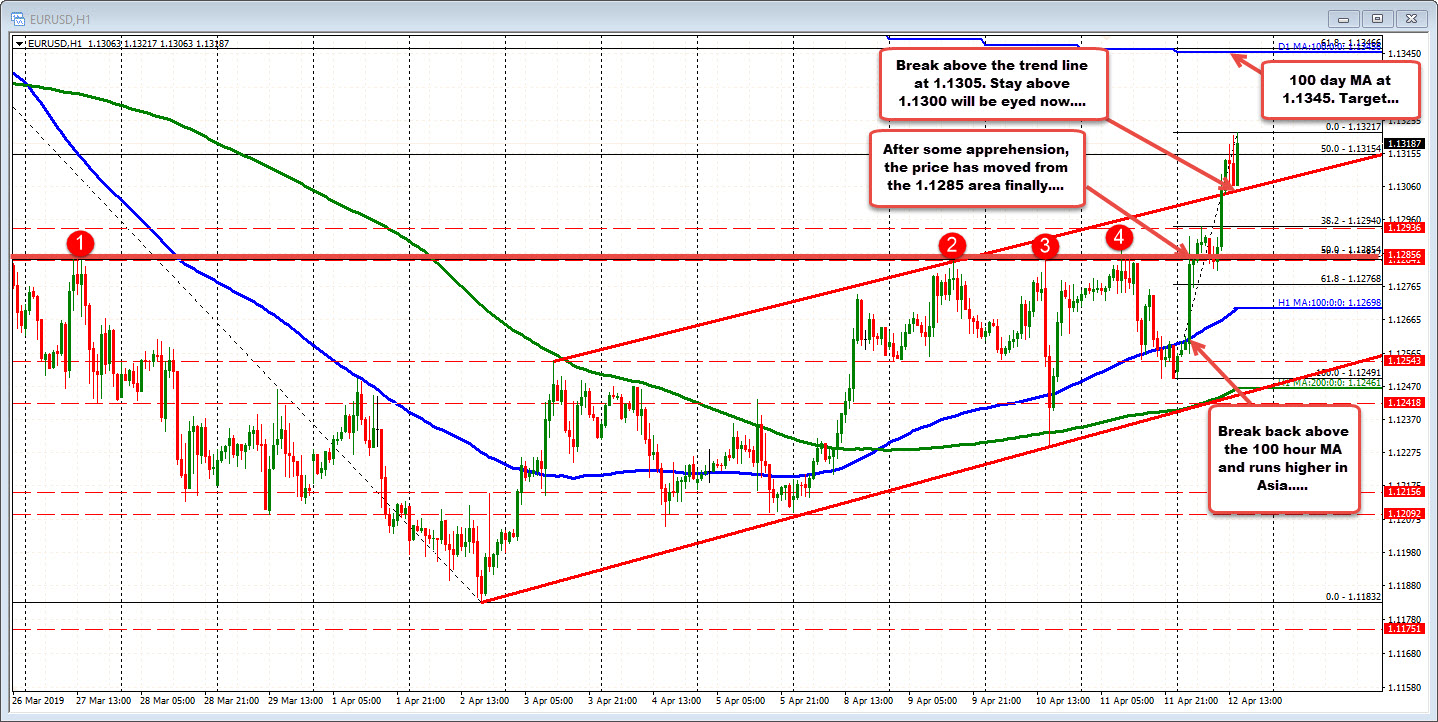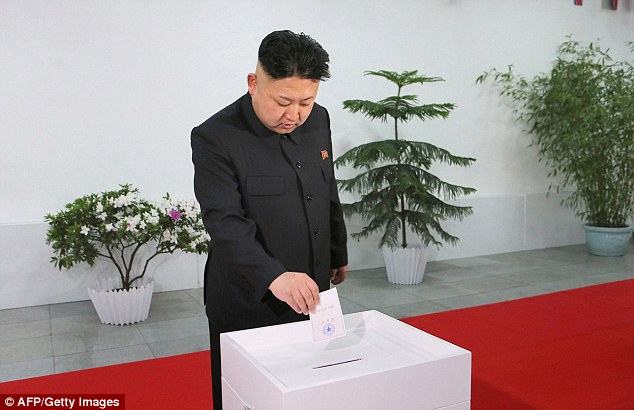Julian Assange is facing extradition to the US following his arrest at the Ecuadorean embassy in London, charged with involvement in a computer hacking conspiracy that led to one of the “largest compromises of classified information in US history”.
Hours after he was carried out of the mission in Knightsbridge by police, the WikiLeaks founder was found guilty at Westminster Magistrates’ Court of jumping bail on a 2010 extradition order to Sweden. Mr Assange faces up to 12 months in prison.
The US authorities are seeking the extradition of the 47-year-old activist, alleging that he helped former US army intelligence analyst Chelsea Manning leak a treasure trove of official US documents and communications in a scandal that became known as “Cablegate”.
The US justice department indictment, filed in March 2018 but unsealed on Thursday, accused Mr Assange of helping Ms Manning to try to crack a password to Pentagon computers.
Mr Assange’s arrest ends a seven-year saga that has pitted international legal authorities against one of the most controversial transparency advocates. He has claimed that the original case against him in Sweden over an alleged rape has been part of a US-led conspiracy.
Mr Assange’s US lawyer, Barry Pollack, said the arrest raised serious issues over the ability of advocates and journalists to uncover government wrongdoing, and called the US case “unprecedented”.
“While the indictment against Julian Assange disclosed today charges a conspiracy to commit computer crimes, the factual allegations against Mr Assange boil down to encouraging a source to provide him information and taking efforts to protect the identify of that source,” he said.
If found guilty on the American charges, Mr Assange faces a maximum prison sentence of five years, the US justice department said.
Swedish prosecutors said they would now examine a request by the lawyer of Mr Assange’s alleged victim to restart their investigation. They noted that they were able to reopen the probe until next August under Sweden’s statute of limitations for rape.
London’s Metropolitan Police were able to seize Mr Assange after Ecuador lifted its asylum protection and invited British authorities into the embassy. Ecuador’s president, Lenín Moreno, said in a video statement that the country had withdrawn diplomatic protection because Mr Assange had flouted the conditions of the arrangement, recently exhibiting “discourteous and aggressive behaviour”.
WikiLeaks said in a Twitter statement that the termination of Mr Assange’s asylum was “illegal”, while Russian officials, who have spoken out in defence of Mr Assange during his time in the embassy, on Thursday described his treatment as a “witch hunt”.
“The whole story, with the persecutions against him, the witch hunt, the creation of inhumane conditions of existence, obliterates freedom of speech and the right to disseminate information,” said a foreign ministry spokesperson, Maria Zakharova. “This is a blow to the rights of a journalist. And there can be no other assessment.” (more…)






